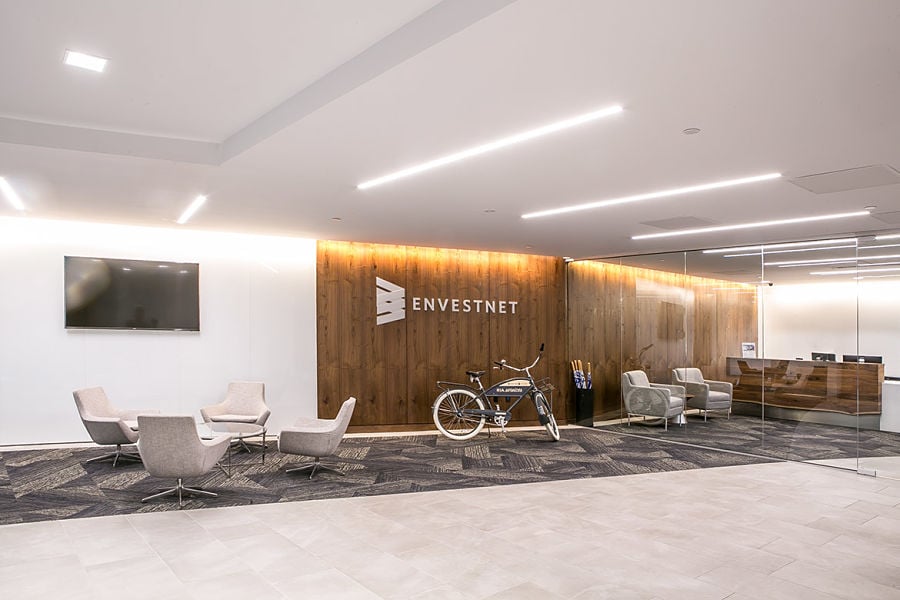

Shares of Envestnet fell over 6% in trading Friday after the company, the wealth management industry’s largest provider of outsourced technology and asset management, posted revenue that trailed Wall Street’s forecast.
Envestnet reported revenue of $298.71 million for the first quarter ended in March, down 7.1% from the same period last year, and 0.76% below the Zacks consensus analyst estimate.
Earnings per share came in at $0.46 for the first quarter, beating the Zacks estimate of $0.44. However, Envestnet’s EPS was still a penny shy of the $0.47 it earned in the year-ago quarter.
Subscription-based recurring revenue, a widely watched figure on Wall Street, came in at $117.08 million versus the five-analyst average estimate of $118.32 million.
Envestnet has wrestled with a number of issues over the past year, including reports of a private equity acquisition, a headquarters relocation, executive departures and a public contest with an activist hedge fund.
Envestnet CEO Bill Crager addressed those challenges last week in an interview with InvestmentNews at the company’s Envestnet Summit 2023 conference in Denver. Crager said at the time that he knew the company’s recent investments and actions were going to cause “short-term pain” and would not be welcomed by Wall Street.
“We knew that the market was going to hate it, but we had conviction and we also knew that we had to break down the walls of our organization because we had acquired businesses. A lot of those businesses are very narrow-minded, and so we had to change the organization,” Crager told InvestmentNews.

A drop in interest rates and easier access to capital has reignited appetite among private equity-backed consolidators, who accounted for 53% of RIA deals so far this year- their highest share since 2021 according to Devoe & Company.

Also, Advisor CRM announces a new data integration partnership to ease the pain of client onboarding.

Meanwhile, Merrill Lynch intends to continue building its alternative investment platform for wealthy clients.

The co-founder of IFG discussed with InvestmentNews the unique opportunity that remaining independent offers to build a successful firm.

Three industry leaders will join the hybrid RIA's president and LPL alum, Andy Kalbaugh, to help guide its organic and merger-based growth strategy.
Orion's Tom Wilson on delivering coordinated, high-touch service in a world where returns alone no longer set you apart.
Barely a decade old, registered index-linked annuities have quickly surged in popularity, thanks to their unique blend of protection and growth potential—an appealing option for investors looking to chart a steadier course through today's choppy market waters, says Myles Lambert, Brighthouse Financial.
